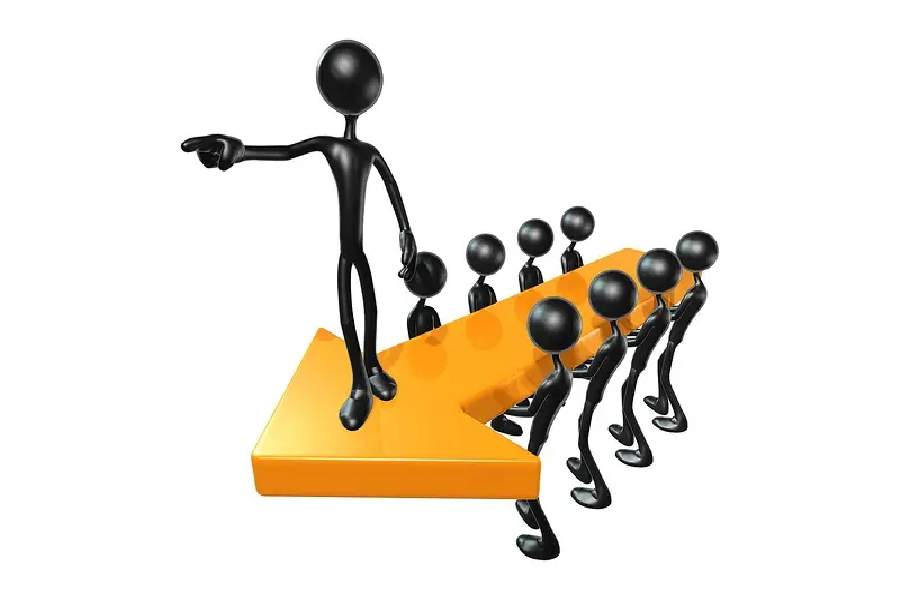One of the main advocates of Universal Basic Income in the US is Andrew Yang, currently running in the Democratic primaries. Yang defines himself as an entrepreneur, not a politician. In the United States there is a strong tradition of entrepreneurs with a strong public commitment, who understand that their company exists as part of a social fabric and that, therefore, they not only have to defend their small sectoral plot, but also the broader society in which they live.
We often mistake the most successful business leader for “the one who makes the most money” or “the one whose company is bigger”, criteria that many entrepreneurs assume as their own, creating a tense world in which the company is primary, politics a necessary distraction, and society a distant third in the sphere of the entrepreneur’s attention. And in turn, there are people who believe that being an entrepreneur consists only of paying for a golf club, smoking cigars and exploiting workers.
This crisis has left us with a clear picture of the types of entrepreneurs we have in this country; on the one hand, there are those who roll up their shirtsleeves to “selflessly” acquire tons of sanitary material for the community, as with one well-known textile company. On the other hand, we have the other type of entrepreneur, sitting in his leather armchair, smoking his cigar and looking for any opportunity to profit from this crisis, even at the expense of the state’s coffers: “our taxes”. Here we can point to transport companies that charge twice as much to bring in sanitary equipment while the price of oil (their main expense) is at its historic lows.
A business leader, or a leader in general, is one who in times of crisis comes to the forefront, puts their shoulder to the wheel, engages beyond the world of “strictly business” and advocates for shared efforts.
It was almost fifty years ago that John Fitzgerald Kennedy uttered his famous phrase about what you can do for your country. In these difficult times, with their uncertainty and many questions, it is also time to reaffirm this famous question for all: “Politicians, trade unions, entrepreneurs, citizens: what can you do for your country?”







